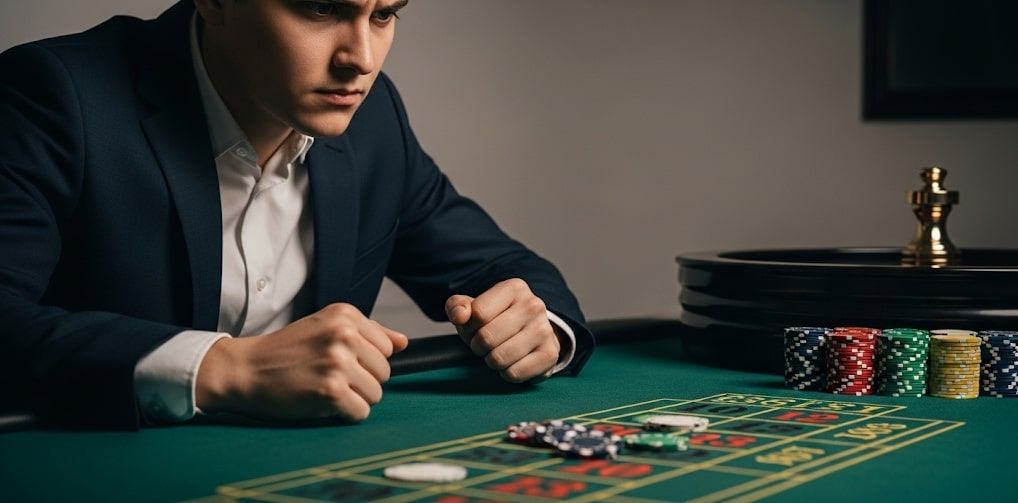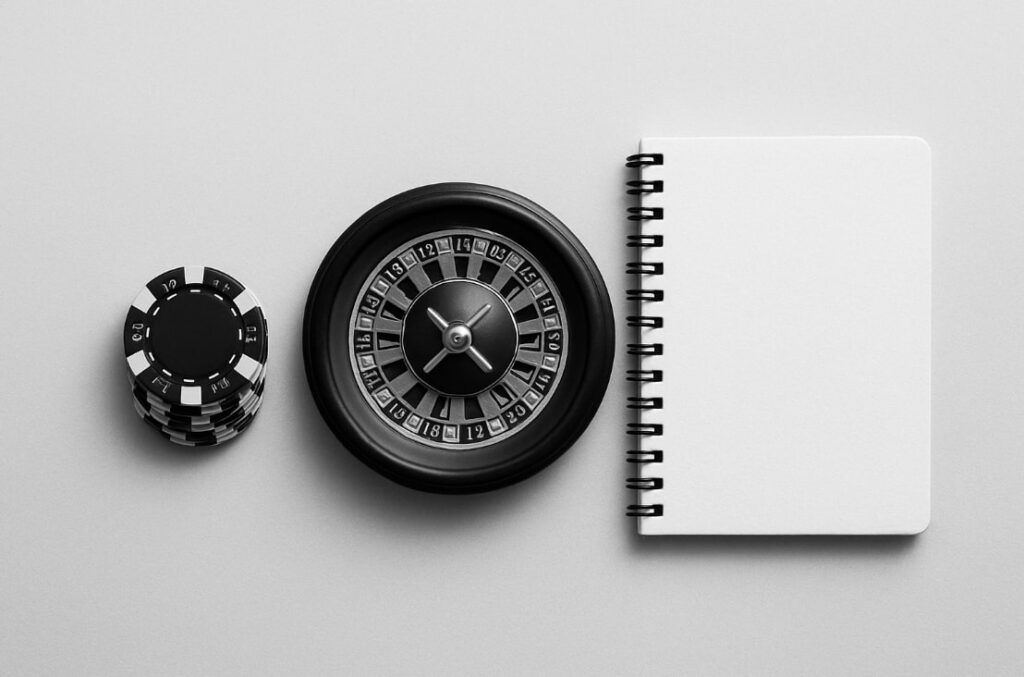
Roulette seems easy enough. You place a bet, the wheel spins, the ball drops, and you either win or you don’t. But the real game? It’s not happening on the table, it’s in your head.
You’re not trying to beat a machine or hack some system. You’re trying to keep yourself steady. And if you’re not in the right headspace when you sit down to play, the game can take more than just what’s in your account. It can throw off your focus, mess with your confidence, and leave you making choices you wouldn’t normally make.
Where It Starts to Go Sideways
It doesn’t happen all at once. Maybe red shows up five spins in a row. And your brain starts whispering, “Black has to be next.” That’s what’s known as the Gambler’s Fallacy, the belief that previous spins somehow change the odds of future ones. They don’t. Not even a little. Each spin is completely separate from the last. The wheel’s not keeping score.
And then there’s this feeling and a lot of players get caught up in this, that you’ve got some kind of edge. That your timing, your “lucky” numbers, or the way you’re betting is affecting the outcome. That’s the illusion of control, and it’s sneaky. Especially when you’re playing online, where the outcomes are driven by certified random number generators (RNGs). Everything is tested to be unpredictable. There’s no rhythm to crack, no code to figure out.
The players who tend to lose the fastest, and usually the hardest, are the ones chasing made-up patterns or acting like the next spin owes them something. It doesn’t. The game doesn’t care what happened last round, and neither should you.
You Can’t Beat the House — But You Can Choose the Rules You Follow
Every version of roulette has a built-in edge. It’s not hidden, it’s part of the design.
- European roulette gives the house a 2.70% edge.
- American roulette is worse — 5.26% edge thanks to the double zero.
- French roulette, with a special rule (La Partage), cuts the edge to around 1.35% on some bets.
You’re not here to flip the math. But if you know how the odds work, you can make better calls. Choosing the lower-edge version gives you more time at the table, not more wins, just more chances to enjoy the game.
Your Bankroll Is More Than Just a Number

If your balance is the only thing you’re watching, you’re missing the point. Your bankroll is your boundary. It tells you how far you’re willing to go, and when to stop.
Here’s a basic setup that works:
- Pick your limit before the session. Stick to it.
- Don’t double your bet just because you’re down.
- Decide how much of a win is “enough.” Quit when you hit it.
- Take breaks. Reset. Check in with yourself.
This kind of structure isn’t about being overly cautious. It’s about keeping your head clear, especially when things go sideways. The longer you play without a plan, the faster your decisions fall apart.
Where You Play Shapes How You Play
You wouldn’t put your money on a table that looked sketchy in real life. Same rule applies online.
If you’re looking at different Canadian online casinos, pay attention to what’s under the hood. You want sites that:
- Are licensed (offshore license is perfectly fine)
- Offer games that undergo independent RNG tests
- Keep the terms and rules easy to understand
- Don’t bury you in bonus conditions
These details help you stay grounded. The better the platform, the less you have to second-guess things. It lets you focus on playing instead of wondering if you’re getting played.
What the Smart Players Do Differently

Smart players don’t try to win every time. They try to play well. That’s a big difference.
They don’t spiral after a losing streak. They don’t get greedy after a good run. They keep their bets steady, their pace slow, and their expectations real. They show up with a plan and leave when the plan says so.
They also know that roulette doesn’t owe them anything. And that mindset lets them walk away with clarity — not confusion or regret.
Want to Think Like That? Start Here.
Good roulette players don’t just read numbers. They read themselves. That takes practice, but the right info helps.
- The Math Behind Betting Odds and Gambling – Investopedia — Breaks down how odds and gambling actually works.
- The Psychology of Gambling — Psychology behind common traps.
None of these are secrets. But they make a difference if you actually use them.
The Takeaway
Roulette isn’t about predicting the wheel. It’s about predicting yourself. You can’t change what the ball does, but you can change how you respond to it.
Get clear on your limits. Choose a platform that doesn’t mess with your trust. Pick a good online casino that gives you room to play smart.
The wheel spins either way. It’s your mindset that decides whether it’s just a loss or a mistake.









